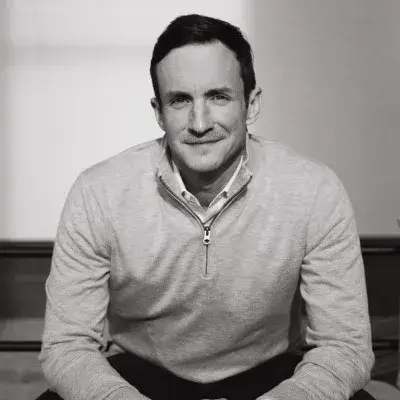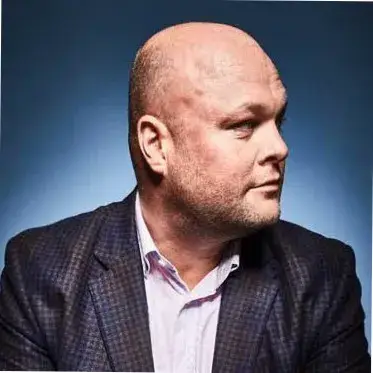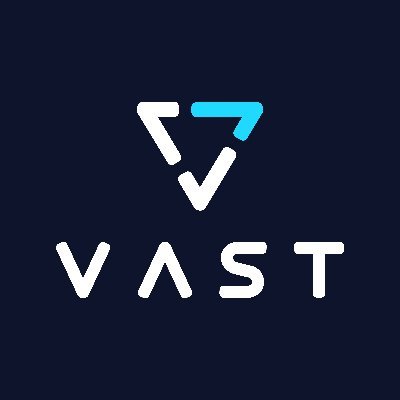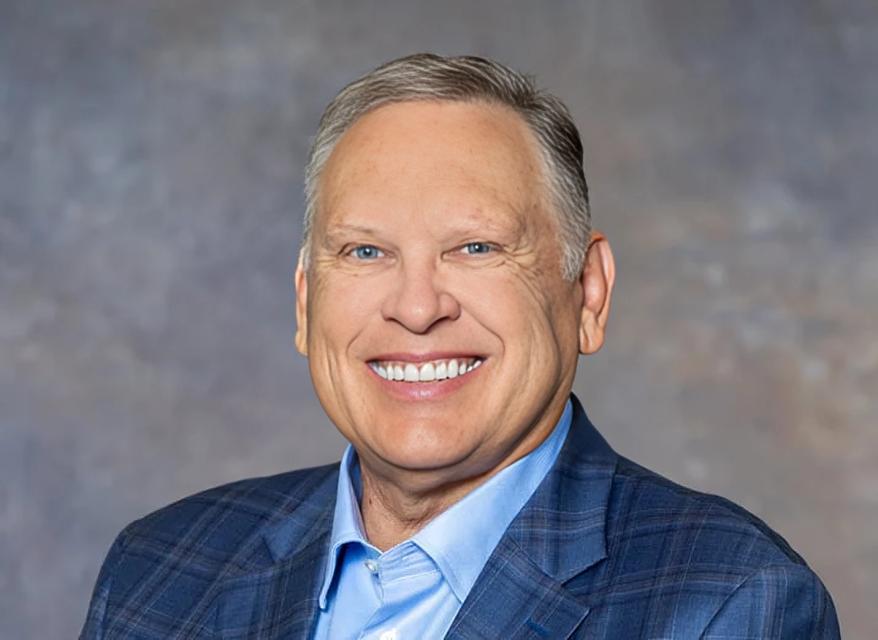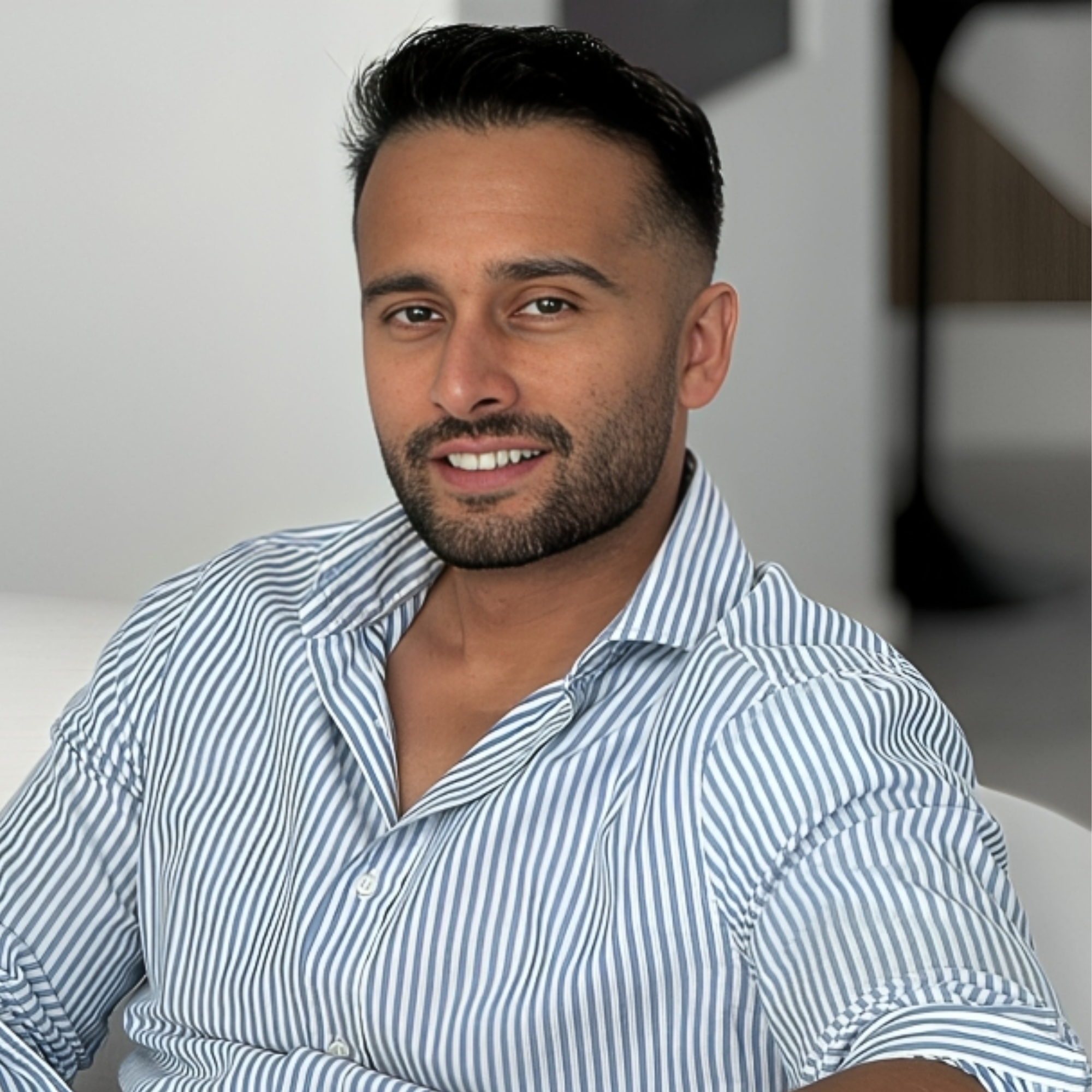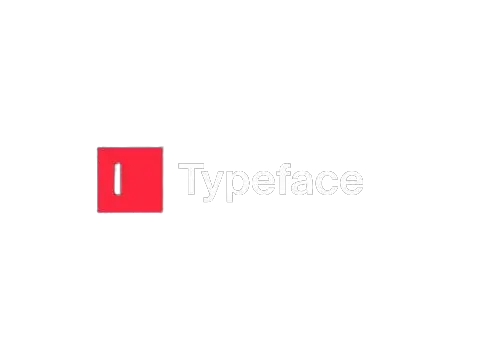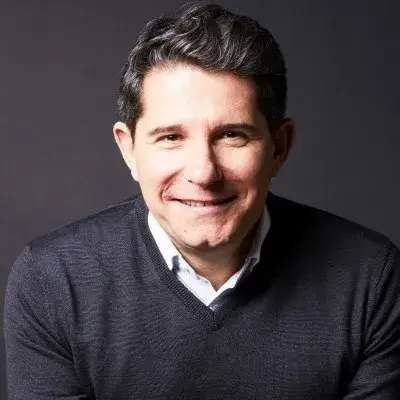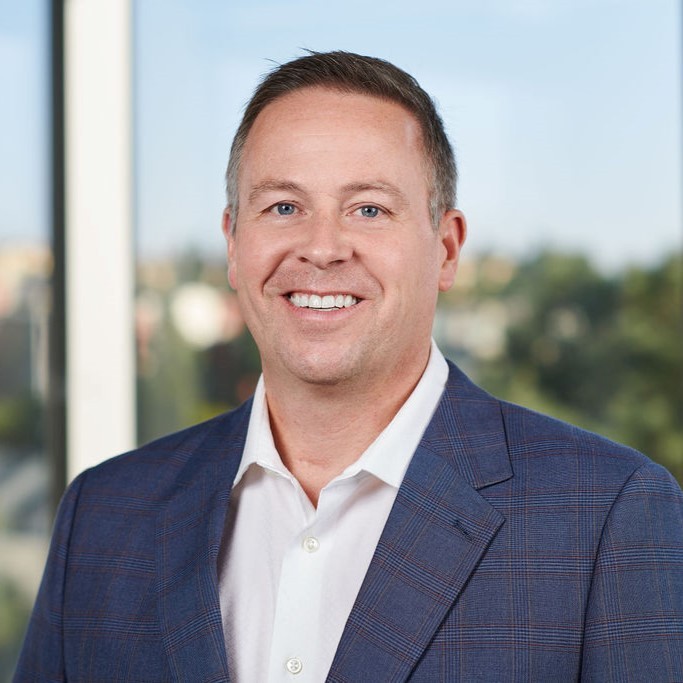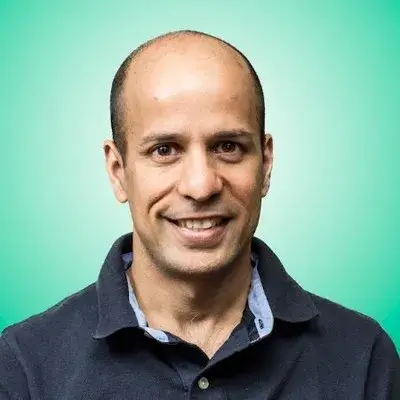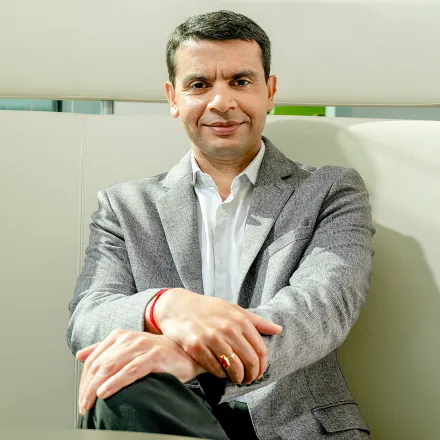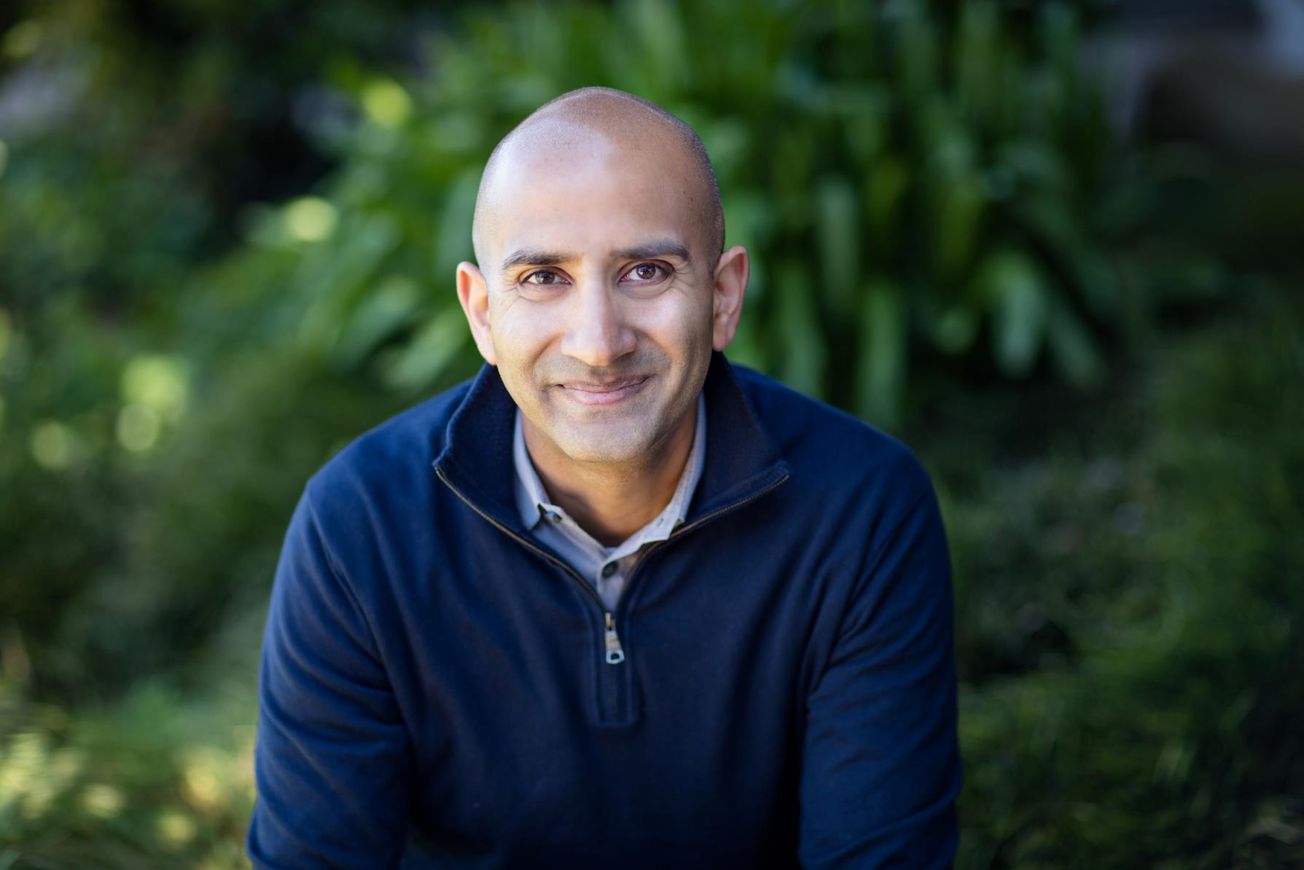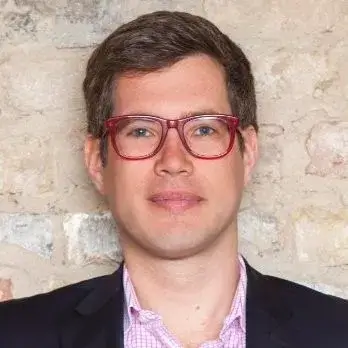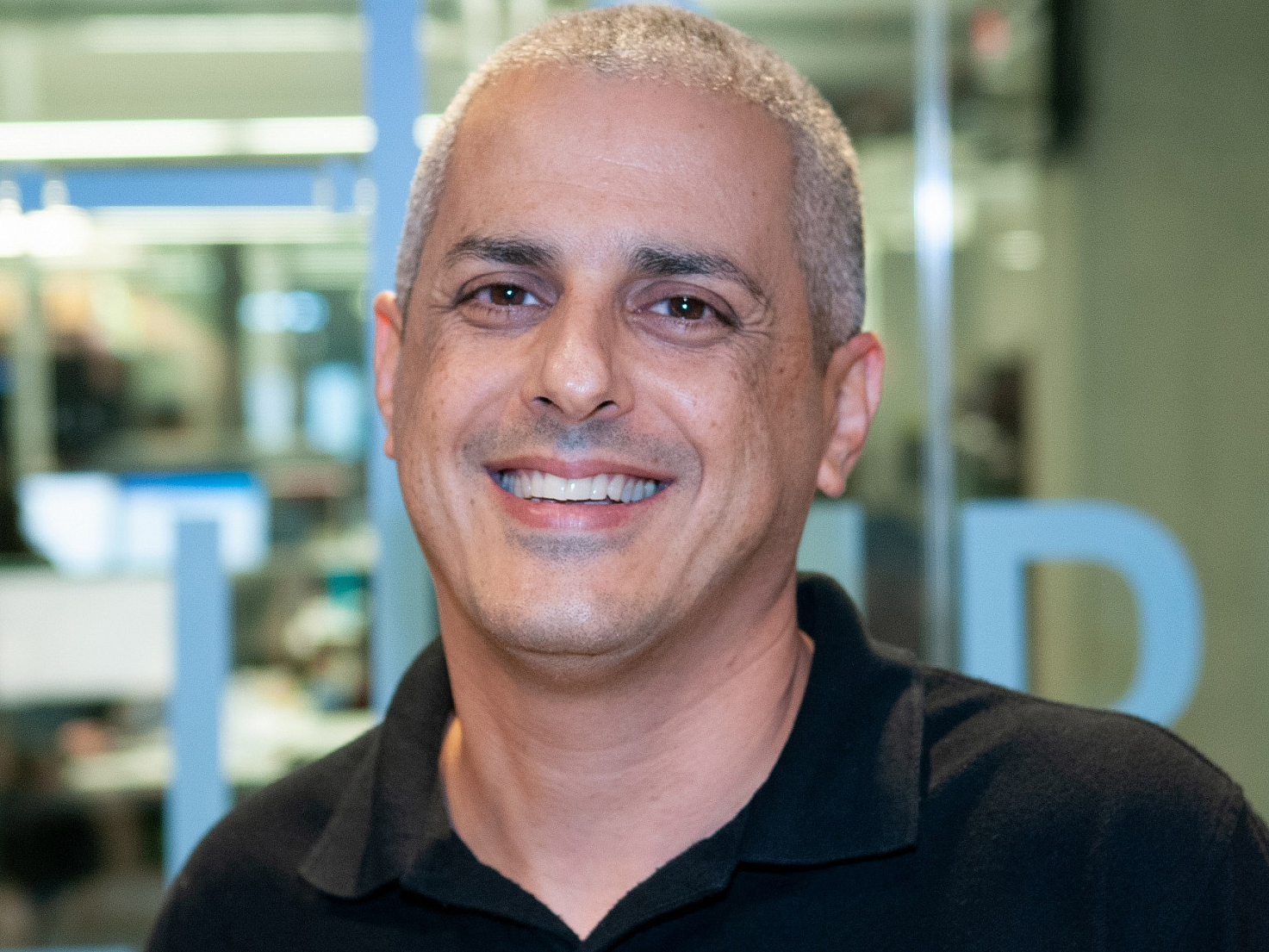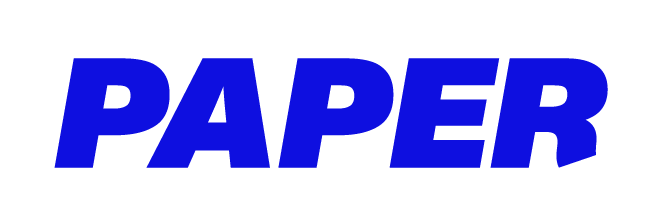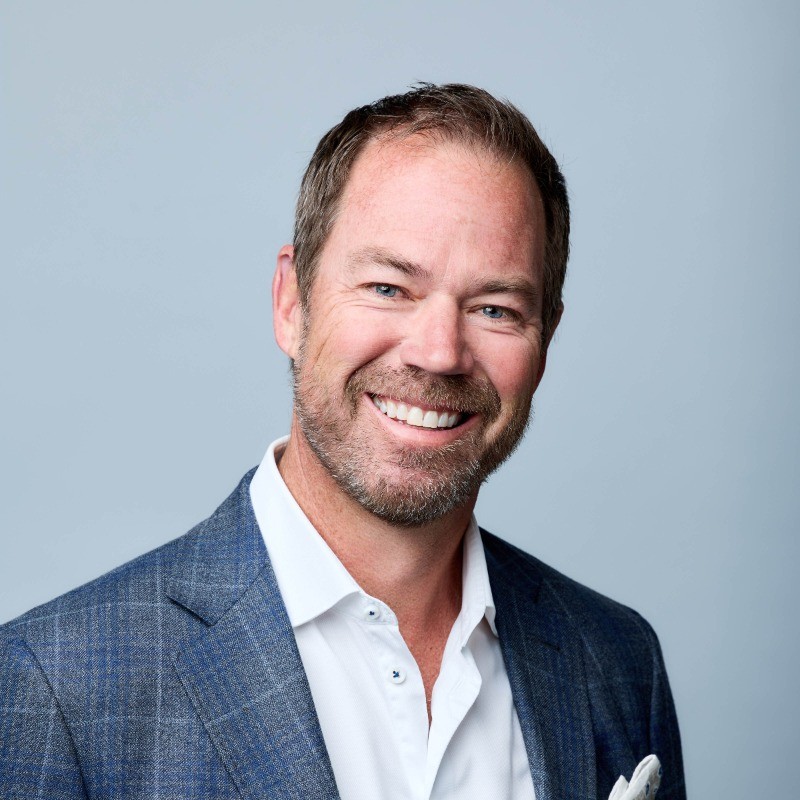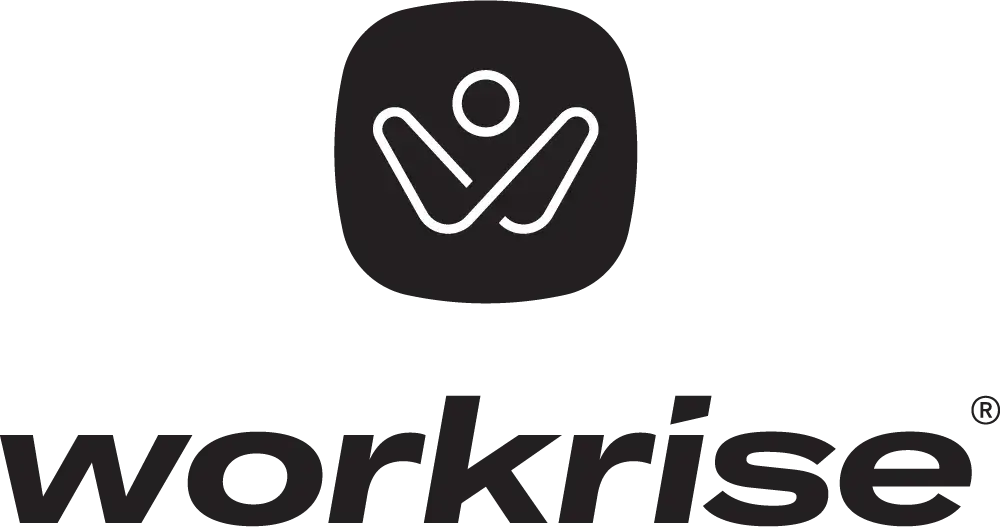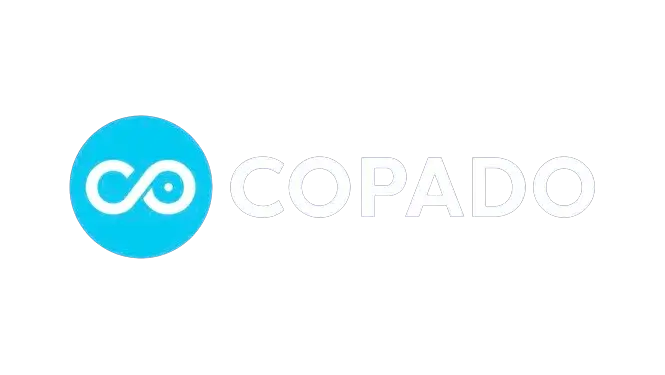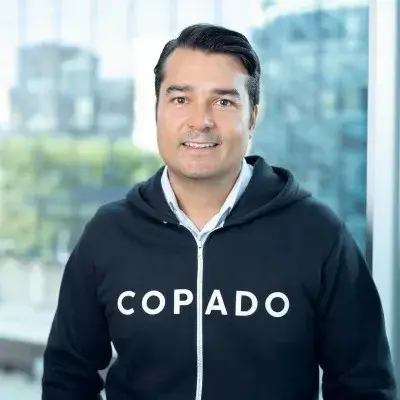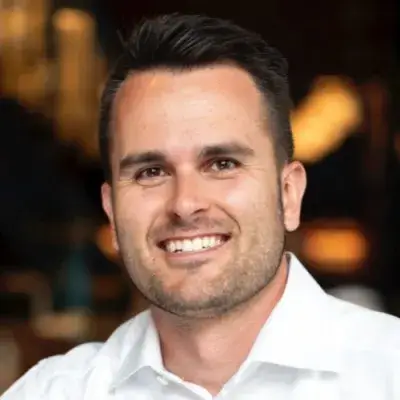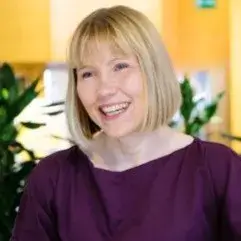Ready to build your own Founder-Led Growth engine? Book a Strategy Call
Frontlines.io | Where B2B Founders Talk GTM.
Strategic Communications Advisory For Visionary Founders
Actionable
Takeaways
Pioneer Growth Buyouts when organic GTM hits walls:
Alex discovered that traditional B2B sales weren't working with risk-averse real estate owners who wouldn't hand over keys to their $200M developments to a startup. Instead of grinding through years of slow sales cycles, Metropolis used venture capital to acquire profitable parking management companies, instantly gaining access to 500+ locations and 2x-ing their EBITDA. B2B founders facing similar enterprise resistance should consider whether strategic acquisitions can unlock distribution faster than organic growth.
Focus on revenue synergy, not just cost synergy:
Alex warns that cost synergy alone isn't a durable growth strategy. Metropolis succeeded because their technology drove incremental revenue for partners—in some cases over 100% revenue increases at individual locations worth millions of dollars. B2B founders pursuing acquisition strategies must identify how their technology creates new value and captures incremental revenue, not just reduces operational costs.
Build for the entire ecosystem, not just point solutions:
Rather than staying narrowly focused on parking payments, Alex positioned Metropolis as a seamless commerce platform across the mobility ecosystem. This vision enabled expansion into drive-throughs, car washes, gas stations, and charging stations where the same "pull up and drive away" experience creates value. B2B founders should think beyond their initial use case and design platforms that can scale across adjacent workflows and industries.
Develop "delusional" conviction while staying pragmatic:
Alex emphasizes the importance of "strong convictions loosely held"—being able to filter through constant advice and feedback while maintaining belief in your vision. He describes successful entrepreneurs as having the "delusion" that they can succeed where others have failed, combined with the pragmatism to know when to persist versus when to pivot. B2B founders must balance unwavering conviction in their core thesis with tactical flexibility in execution.
Target industries where you can create "irrefutable value":
Metropolis focused on consumer obsession—creating remarkable experiences that generated undeniable value for both end users and business partners. This approach made their value proposition so compelling that they became the "first port of call" for major asset owners. B2B founders should prioritize creating experiences so differentiated that customers can't imagine operating without them, rather than competing on features or pricing alone.
Conversation
Highlights
How Metropolis Pioneered Growth Buyouts to Build a $2B Parking Empire
When venture capital meets old-world industries, the collision typically produces predictable results: months of enterprise sales cycles, risk-averse customers, and incremental growth. Alex Israel, co-founder and CEO of Metropolis, decided to rewrite this playbook entirely. Instead of grinding through traditional B2B sales, his company used $2 billion in venture funding to acquire profitable parking management companies, instantly transforming from startup to the largest parking operator in America.
In a recent episode of Unicorn Builders, Alex shared how Metropolis pioneered what he calls “Growth Buyouts” – a strategy that’s reshaping how technology companies scale in traditional industries.
The Mentor’s Challenge That Changed Everything
Alex’s journey into parking began with an exit and a conversation. After selling his first parking startup in 2007 and completing his earn-out, he was ready to move on from the industry entirely. “I was excited to be done. I was out, I was out of mobility, I was out of parking, I was moving on,” Alex recalls.
Then came the intervention that would define his next chapter. “I sat down with very old mentor of mine, Fortune 100 CEO, and he looked at me and he was like, you’re crazy. Like you’ve built kind of a profound or thoughtful idiosyncratic expertise on an old world industry and you’re just getting started. You got to jump back in and you got to do something much larger.”
This conversation sparked the founding of Metropolis in a Santa Monica garage with three co-founders, driven by a vision to leverage computer vision and artificial intelligence for seamless payments across the mobility ecosystem.
The Product-Market Fit Paradox
Metropolis quickly discovered a frustrating paradox: their technology worked brilliantly, their unit economics were solid, but their go-to-market strategy was failing spectacularly.
“We rapidly found product market fit and unit economic fit,” Alex explains. “What we didn’t find right off the bat was go to market. And the reason we didn’t have to go to market is we’d go to some of the largest class A office building owners in the United States and we’d ask them to hand over the keys to their $200 million development, and they’d effectively look at us and say, cute startup, come back in 50 years.”
This rejection from enterprise customers forced Alex and his team to confront a fundamental challenge: how do you scale technology in industries where trust and relationships matter more than innovation? Traditional venture-backed companies might have persevered with incremental sales progress or pivoted to easier markets. Metropolis chose a third path.
Inventing the Growth Buyout Strategy
Facing the reality that real estate owners wouldn’t trust their valuable assets to a startup, Alex made a decision that would redefine technology scaling strategies. “We realized we had to take a completely differentiated approach. We had to do something that is effectively unheard of within technology, which is that we can raise venture capital dollars and we go buy old world businesses.”
Instead of selling to parking management companies, Metropolis bought them. “We go out and we buy staffing companies, the staffing companies, the parking management companies that operate these facilities, we leverage effectively venture capital dollars and we buy. EBITDA is not a word you hear in technology very often, but we did it one time.”
The results were immediate and dramatic. After acquiring one of the largest partner operators in the United States, “not only did we deploy our technology to all 500 of their locations, but we 2x their gross profit in the EBITDA in that short period of time.”
The Billion-Dollar Validation
The success of their first acquisition validated the Growth Buyout model so thoroughly that Metropolis decided to scale it dramatically. “Right in Q4 of 2023, we announced our $1.6 billion Series C and we once again did something that most technology companies don’t do, which is take a public company private and raise venture capital dollars to buy a EBITDA Positive business that was at the time doing a little north of $120 million of EBITDA.”
This acquisition strategy attracted a unique investor base spanning traditional venture capital and growth equity. Alex assembled a cap table including Eldridge, BDT, MSD, Vista, Tomasek, Silver Lake, Dragonair, and others – investors comfortable with the hybrid model of technology growth and profitable acquisitions.
The Revenue Synergy Imperative
While Growth Buyouts solved Metropolis’s distribution challenge, Alex warns other founders against oversimplifying the strategy. The key isn’t just buying market access – it’s creating genuine value through revenue synergy.
“Cost synergy unto itself is not a durable strategy for growth,” Alex emphasizes. “The thing that’s really worked for Metropolis and what will really work for GBO strategies on a go forward basis is where you can facilitate durable growth through revenue synergy, which means you have to be able to drive incremental revenue, not just reduce cost.”
Metropolis achieves this through technology that fundamentally improves parking operations. At their 4,600+ locations across 400+ cities, “we can see locations where we’re driving excess of 100% incremental revenue. So we’re talking millions of incremental dollar at a specific location.”
Building Consumer Obsession at Scale
Today, Metropolis operates as the largest parking provider in America across multiple verticals – class A office buildings, multifamily properties, airports, and municipalities. Their seamless experience eliminates traditional parking friction: “You can pull into any Metropolis enabled facility anywhere in the United States. You get a text message when you arrive and you’re seamlessly charged when you leave. So seamless checkout for E commerce. None of the traditional pain points associated with parking or paying.”
This consumer obsession drives their growth engine. “There’s somewhere between 35,000 and 50,000 people Sign up on Metropolis every single day,” Alex notes, adding that “I think that makes us one of the fastest growing payments companies in the United States.”
The Expansion Blueprint
With parking mastered, Metropolis is applying their seamless commerce model across the mobility ecosystem. Alex describes their vision: “You’re going to find and hear announcements in the very short run whereby we’re leveraging our technology and our 15 million Americans that are on platform today and moving into drive throughs, moving into car washes, moving into gas station and charging.”
The company’s expansion follows the same principle that drove their parking success: creating remarkable consumer experiences that generate irrefutable value for business partners. “The top focus for us as an organization is consumer obsession. How can we create remarkable experiences and differentiated remarkable experiences everywhere you go?”
The Growth Buyout Movement
Alex believes Growth Buyouts represent the future of technology scaling, particularly as the lines between venture capital and private equity continue to blur. “I think this nomenclature that technology companies had to grow organically, there was a real division between venture capital and private equity and never should those two kind of concentric circles cross. And I think you’re seeing a convergence.”
He points to major venture firms like General Catalyst now “really aggressively pursue this growth buyout strategy where they’re taking technology platforms that scale, that either scale via revenue synergy or cost synergy, and then they’re buying everything from a hospital system to a parking lot operator.”
The Conviction Paradox
Throughout Metropolis’s unconventional journey, Alex has maintained what he calls “strong convictions loosely held” – the ability to filter constant advice while maintaining belief in core vision. “I think it’s critical that we listen to people. And when I say listen, I mean hear. It’s critical that we comprehend what’s being told to us, the reasons and justifications behind those stories, those lessons, those anecdotes. And I think it’s critical we stand by our convictions that we know what advice to listen to and what advice to ignore.”
This balance has allowed Metropolis to persist through the challenges of integrating acquisitions, scaling operations, and expanding into new markets while staying true to their vision of seamless commerce.
Metropolis’s $2 billion journey from garage startup to America’s largest parking operator demonstrates that the most successful technology companies might not be those that follow traditional playbooks, but those that create entirely new ones. As more industries resist digital transformation through traditional sales models, the Growth Buyout strategy may become essential for technology companies serious about scaling in the real world.
For founders facing similar distribution challenges in traditional industries, Alex’s story offers a provocative question: instead of trying to convince old-world businesses to change, what if you simply bought them and changed them yourself?










